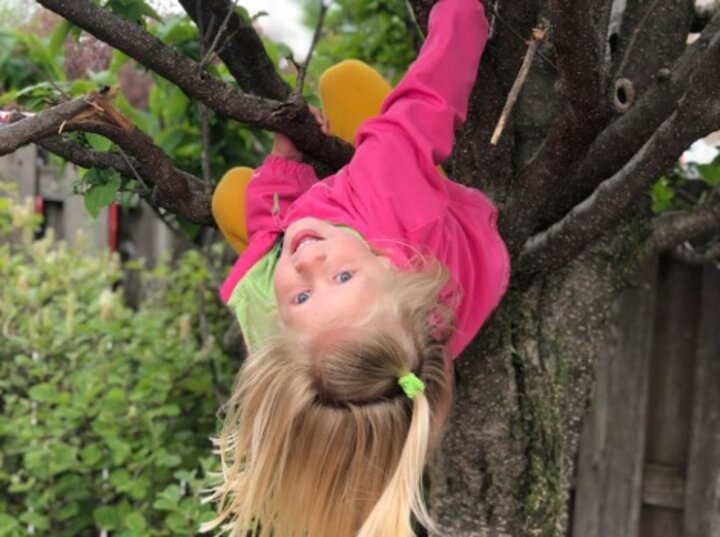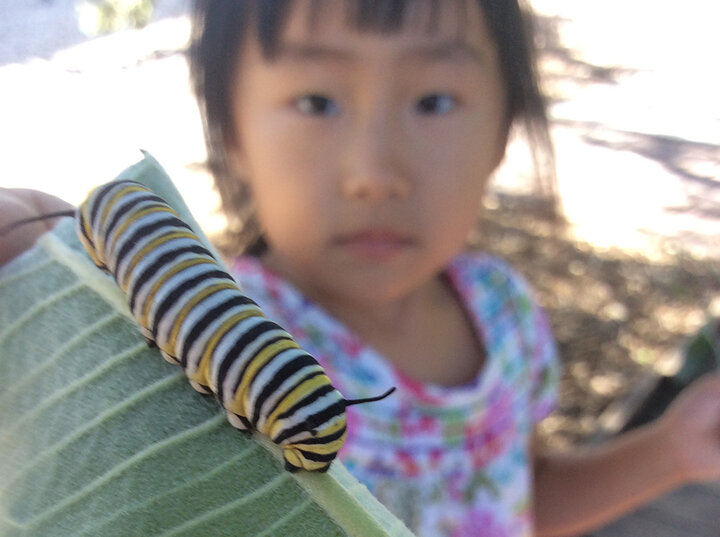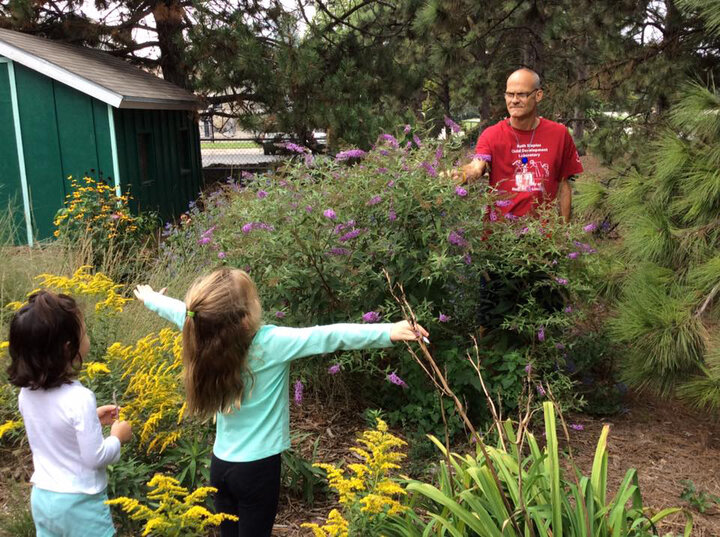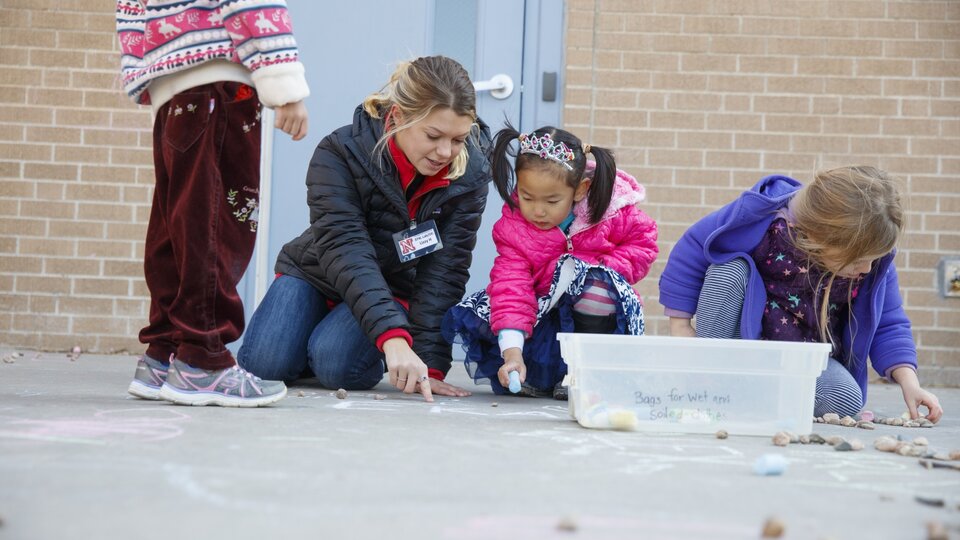Welcome!
Ruth Staples Child Development Lab at the University of Nebraska is a premier early childhood program dedicated to education, outreach and research. Step inside the doors of the lab and see how a community of learning provides a developmentally appropriate environment where children and adults grow and learn together.
Our Mission
Education, Outreach, and Research.
The educational mission of the Child Development Lab is fulfilled by creating a "community of learning," in which children, parents, students, and faculty all learn from each other. The outreach mission is fulfilled by providing the best possible developmentally appropriate care and learning experiences for children and families, and by providing various consulting and support services in Lincoln, in the State of Nebraska, and even for national organizations. The research mission is carried out by initiating collaboration with professionals and faculty members at our University to support research in the field of early childhood, education, and family studies.

We are a community of learners.
We strive to promote learning and development by creating a community of learners based on supportive, respectful, and trusting relationships. Regardless of age, ability, or background, people learn best in the context of caring relationships. Our community includes students, children and their families, faculty and staff, the university and college communities, the city of Lincoln, the total culture, and links to the wider world.
Teaching and learning is a partnership shared by teachers, students, children, and families.
Trust is the foundation of our partnership. As teachers, we trust that children will show us their competence and their interests if we are good listeners and observers. Children and families trust us as teachers to listen and support their learning, interests, and development with respect. Students trust us to carefully prepare learning experiences that will support their development as people and professionals.
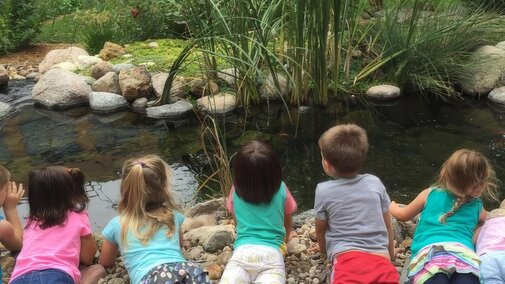
We are reflective practitioners.
Reflective practitioners engage in a cycle of inquiry about children’s development, about teaching, about themselves and others, and about the world around them. We observe, question, discuss, negotiate, document, share, observe,and ask new questions. We celebrate and make visible the learning and the cycle of inquiry, by sharing our discoveries with a wide range of people. We model reflective practice as a primary process of teaching and learning.
We are connected to the natural world.
The natural world is our ecosystem, and we live in relationship to the living plants and animals as well as the earth, water, sky, and cosmos. We create opportunities for children to observe, wonder, and marvel in children understand interdependence between people, plants, animals, the earth, and the skies. We promote stewardship and respect for all living things their relationship with nature. We provide learning experiences that help children understand interdependence between people, plants, animals, the earth, and the skies. We promote stewardship and respect for all living things.
